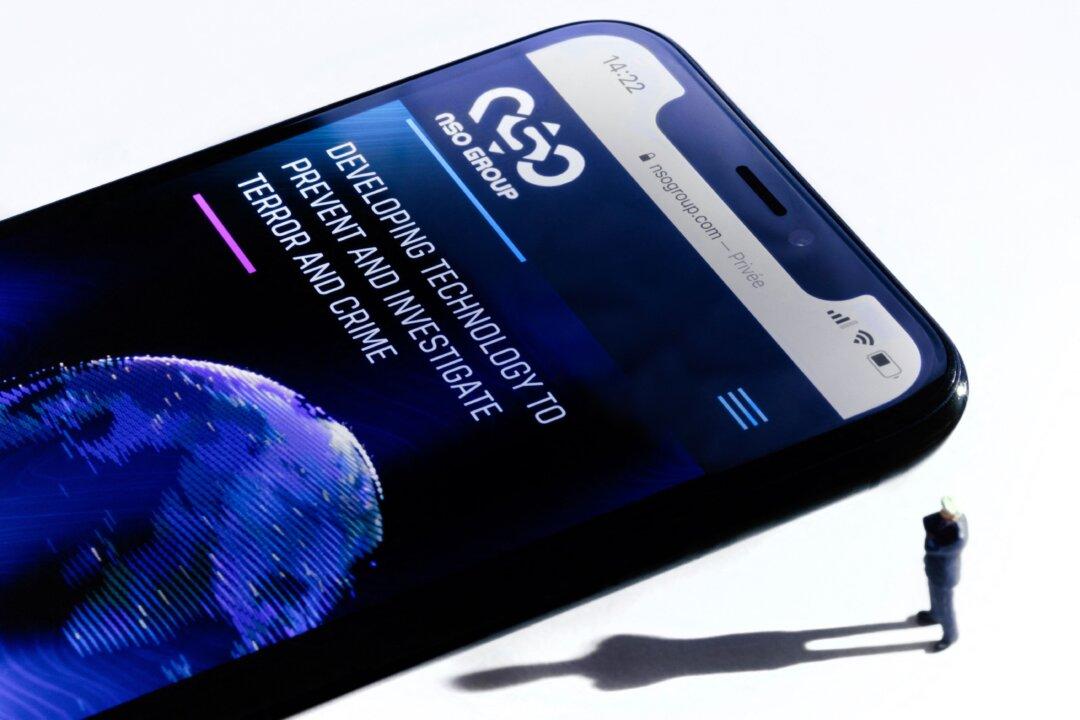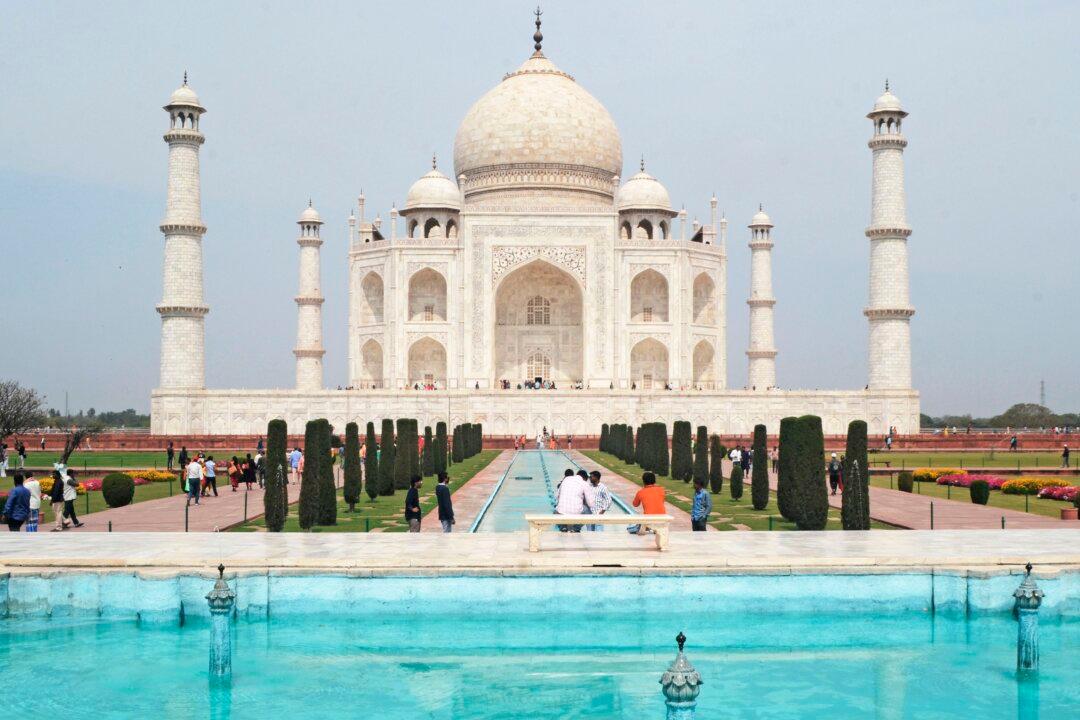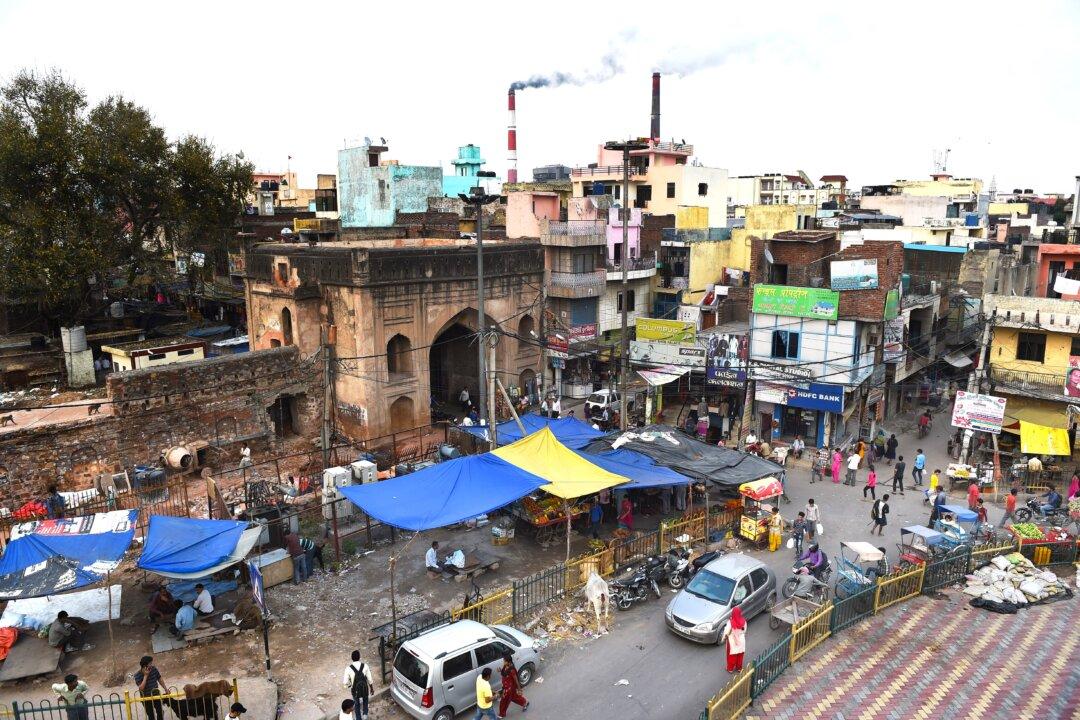India’s Supreme Court decision to investigate the allegations of “unlawful” and “unauthorized” surveillance of its citizens using Israeli spyware has Prime Minister Narendra Modi’s government under fire.
According to the court order, it’s alleged that the Pegasus spyware—created by Israeli technology firm NSO Group—was used to hack hundreds of phones in India, including those owned by ministers, opposition leaders, journalists, activists, and Supreme Court judges, among others.



